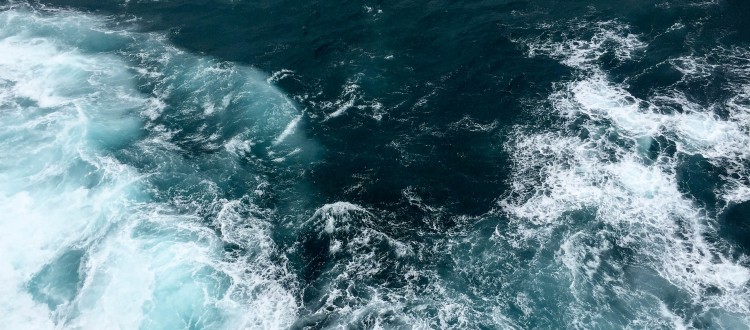‘A Plastic Tide’ Showcases the Grim Reality of Plastic Pollution in Earth’s Oceans
The world creates and consumes approximately 600 billion pounds of plastic annually, a number that’s growing by about 5% per year. And while many strides toward minimizing plastic waste have been made in recent years, a new documentary reveals that our current efforts might not be enough.
“A Plastic Ocean” opens with the words, “The ocean where life on Earth began is being turned into a synthetic soup.” From there, viewers are launched into a 45-minute documentary that details that current state of the world’s oceans, particularly the plastic that is filling them up by the day. The documentary was released on January 25 as a new installment in Sky News’ Ocean Rescue campaign.
Sky News science correspondent Thomas Moore, the documentary’s narrator, begins the story in Mumbai, India. A beach that was once a popular destination for sunbathers and whole families is now covered with plastic refuse and other garbage. The most shocking fact about this beach is that human dumping isn’t responsible for the beach’s condition. Rather, the plastic comes from the ocean itself. Each wave brings a fresh tide of plastic to the beach, making it nearly uninhabitable.
Settings like these have opened the eyes of countless people around the world, and have even started getting attention from major corporations and plastic bottle manufacturers. The state of the world’s oceans and landfills has certainly caught Coca-Cola’s attention. The company just announced a major new initiative that will increase its plastic packaging recycling rate from 14% to 70% by 2025.
It’s certainly an ambitious goal, but if it can be done, it may have a huge positive impact on recycling efforts around the world. Coca-Cola has just joined the New Plastics Economy initiative, an Ellen MacArthur Foundation project aimed at creating a more effective plastic packaging system.
The company currently sells its product in a 30% bioPET bottle, aptly named the Plant Bottle. The entire contents of the bottle are fully recyclable and even made partially from plant matter.
If the New Plastics Economy initiative spreads to other major plastic bottle suppliers, the state of recycling, and even the amount of plastic making its way into oceans and rivers, could improve greatly.

